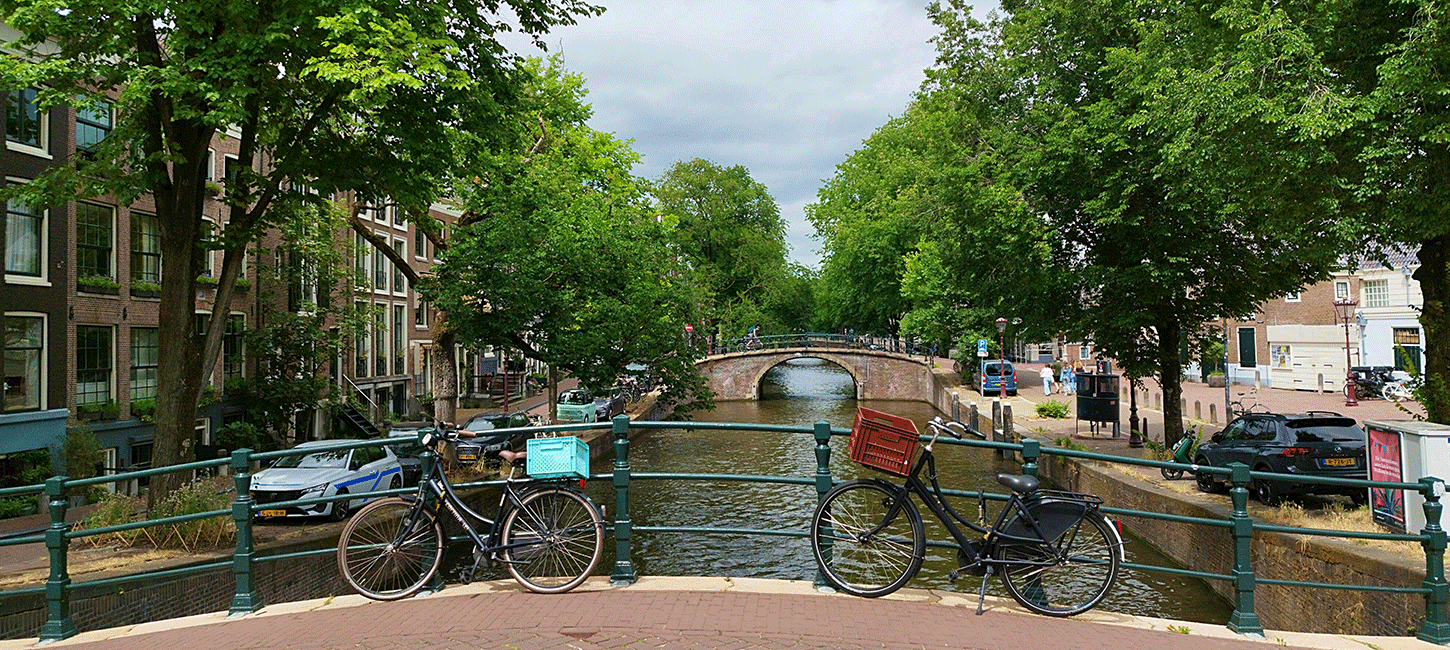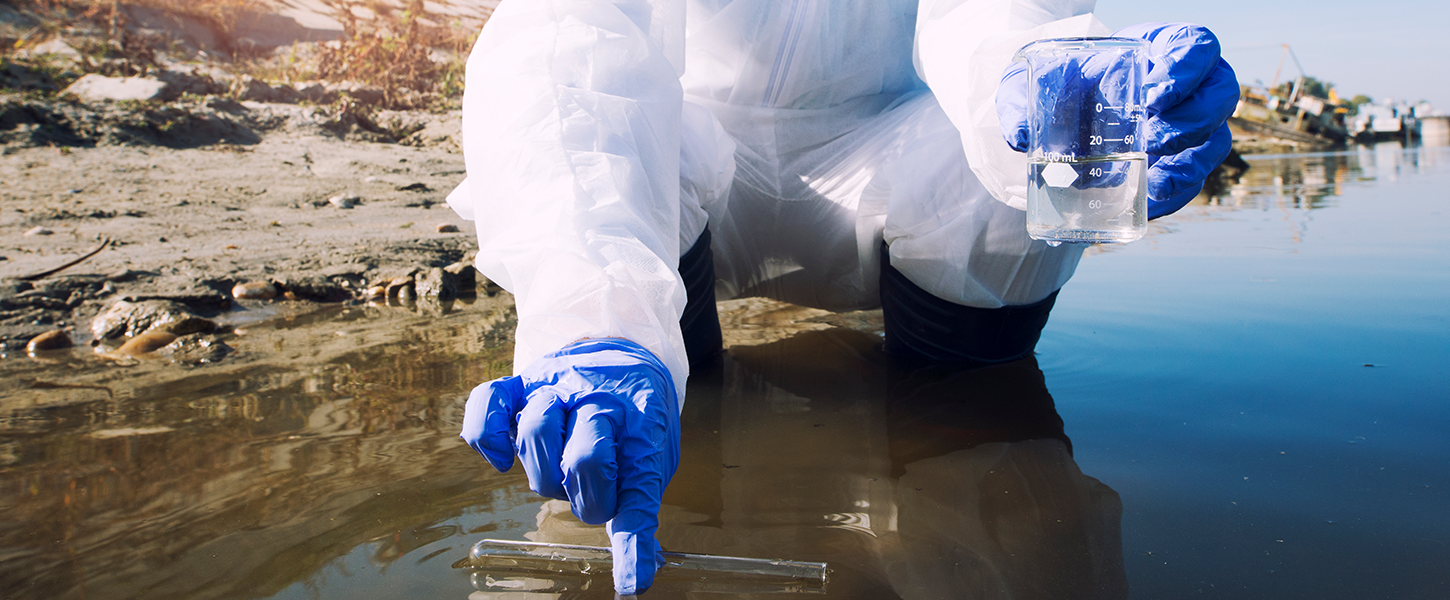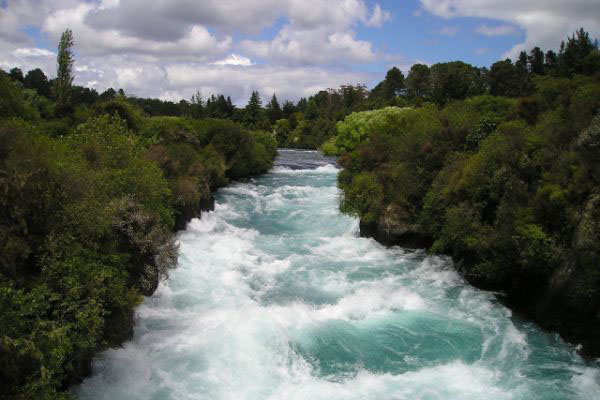Articles / insights / UWWTD / Water technology
Urban Wastewater Treatment Directive
Urban Wastewater Treatment Directive
July 7, 2025
Urban Wastewater Treatment Directive
The Urban Wastewater Treatment Directive (UWWTD) is a pivotal piece of legislation in the European Union aimed at protecting the environment from the adverse effects of urban wastewater discharge. The directive, first adopted in 1991, sets standards for the collection, treatment, and discharge of urban wastewater and certain industrial sectors. As the EU updates and enforces this directive, it holds significant implications for the pharmaceutical and cosmetic industries.
This article explores the impact of the updated Urban Wastewater Directive on these sectors, focusing on compliance requirements, the actions companies need to take, and key dates for compliance.

The revised Urban Wastewater Treatment Directive came into force on 31st January 2025
Overview of the Revised Urban Wastewater Directive
The revised Urban Wastewater Treatment Directive (UWWTD), which came into force on 1st January 2025, introduces substantial changes aimed at improving water quality across Europe. These changes are expected to have significant implications for various industries, including pharmaceuticals.
Key Changes in the Revised UWWTD
A significant aspect of the new directive is the emphasis on Extended Producer Responsibility (EPR). This policy holds manufacturers accountable for the environmental impact of their products throughout the product lifecycle, including post-consumer waste management.
The revised directive focuses on several key areas:
- Enhanced Treatment Standards: Stricter limits on pharmaceutical pollutants, which are now enforced to protect aquatic environments.
- Improved Monitoring and Reporting: More comprehensive monitoring requirements for wastewater discharges have been established, ensuring better compliance and transparency.
- Emphasis on Innovation and Technology: Encouragement for the adoption of advanced treatment technologies to remove micropollutants, including pharmaceutical residues.
- The “Polluter Pays” Principle: The UWWTD embodies the “polluter pays” principle, a core environmental policy in the EU. This principle ensures that those responsible for pollution bear the costs of managing it to prevent damage to human health or the environment. In practice, it means that municipalities and industries are financially responsible for the treatment of their wastewater.
Impact of the Revised UWWTD on the Pharmaceutical Industry
The new EU Urban Wastewater Treatment Directive (UWWTD) will significantly impact pharmaceutical companies, leading to substantial cost increases and operational challenges. Specifically, the directive mandates that Member States implement a fourth purification stage (quaternary treatment) to remove micropollutants, including pharmaceutical residues, from wastewater. This requires pharmaceutical companies to contribute to the costs of upgrading wastewater treatment plants, including both investment and operational costs. These costs are expected to be considerable and will be borne by pharmaceutical companies through a system of Extended Producer Responsibility (EPR).
- Increased Costs: Pharmaceutical companies will be required to cover at least 80% of the costs associated with the additional treatment, including the construction and operation of quaternary treatment plants.
- Extended Producer Responsibility (EPR): The UWWTD mandates that producers are responsible for the costs of removing micropollutants from wastewater. This means pharmaceutical companies will be required to pay a portion of the treatment costs based on the quantity and risk of their products.
- Producer Responsibility Organisations (PROs): Pharmaceutical companies will need to join PROs in each EU member state where they market their products. These PROs will collect information from producers, manage the EPR obligations, and make data publicly available.
- Potential for Negative Impacts: The additional costs and the burden of EPR may negatively impact the pharmaceutical industry, potentially leading to reduced profitability, fewer investments in R&D, and even reduced access to essential medicines.
- Ongoing Debate: Pharmaceutical companies and industry associations have expressed concerns about the UWWTD’s impact and are calling for a more balanced model that ensures both environmental goals are met without jeopardising healthcare sustainability.
- Compliance Challenges: Pharmaceutical companies face challenges in ensuring their products do not contribute to pollution. The presence of active pharmaceutical ingredients (APIs) in water bodies can disrupt ecosystems and pose health risks especially in the realm of Endocrine Disrupting Chemicals (EDCs) and Antimicrobial Resistance (AMR).
How is the Pharmaceutical Industry Reacting?
The UWWTD represents a major shift for the pharmaceutical industry, requiring them to bear a sizeable portion of the costs associated with treating wastewater and removing micropollutants. This has the potential to significantly impact their operations, profitability, and the availability and affordability of medicines.
As such, the European Federation of Pharmaceutical Industries and Associations (EFPIA) has launched a legal case to the General Court of the European Union to get clarity on the UWWTD and is seeking to ensure that the costs of treatment are aligned with the volume of micropollutants produced. The legal action seeks to avoid a discriminatory and disproportionate cost burden and to safeguard patient access to vital medicines.
Key Dates for Compliance
The revised Urban Wastewater Directive outlines several key dates for compliance that companies must be aware of:
- Initial Assessment Phase (2023-2025): Companies must assess their current operations and identify areas needing improvement to comply with the directive.
- Implementation Phase (2025-2030): Companies are expected to implement necessary changes in infrastructure, processes, and products to meet compliance requirements.
- Full Compliance Deadline (2030): By this date, all measures must be fully implemented to ensure compliance with the updated directive.

The new EU Urban Wastewater Treatment Directive (UWWTD) will significantly impact pharmaceutical companies.
How Arvia can help
Arvia is one of the world’s leading manufacturers of electrochemical water treatment products. With design, manufacturing, and R&D in the UK, they also have labs in India, a facility in China and have expanded into the US.
Arvia’s treatment systems include Nyex Florenox, Nyex Rosalox and Nyex Ellenox – three revolutionary systems specifically designed for tertiary water treatment, each delivering spectacular (up to parts per billion) results treating many recalcitrant pollutants in industrial wastewater like PFAS, endocrine disruptors and antibiotics.
To see how Arvia Technology could benefit many water treatment systems worldwide, check the Arvia website or make contact to set up a one-to-one consultation with a water science expert.
Conclusion
The Urban Wastewater Treatment Directive presents both challenges and opportunities for Europe’s pharmaceutical, and cosmetics/personal care industries. Compliance with the directive requires significant investment in technology, innovation, and collaboration across sectors. By embracing these changes, companies can not only meet regulatory requirements but also contribute to a more sustainable and environmentally friendly future.
More featured articles
01.31.2023

We discuss sustainable water management and how specific industry sectors would benefit by adopting water stewardship.
04.4.2025

In this article we discuss World Health Day, the importance of maternal and newborn wellness and the effects of PFAS on pregnancy and baby health.
06.5.2025

In this article, we will dive into some of the most pressing environmental issues and discuss ways we can work together to solve them.
Our wastewater treatment expertise
Our water technology can be used to treat a variety of water treatment applications. Once we understand the nature of your wastewater and your final water quality target, our water treatment specialists can make recommendations as to how best to treat your water. Take a look at some of the Nyex applications here:
Need help? Speak with an expert